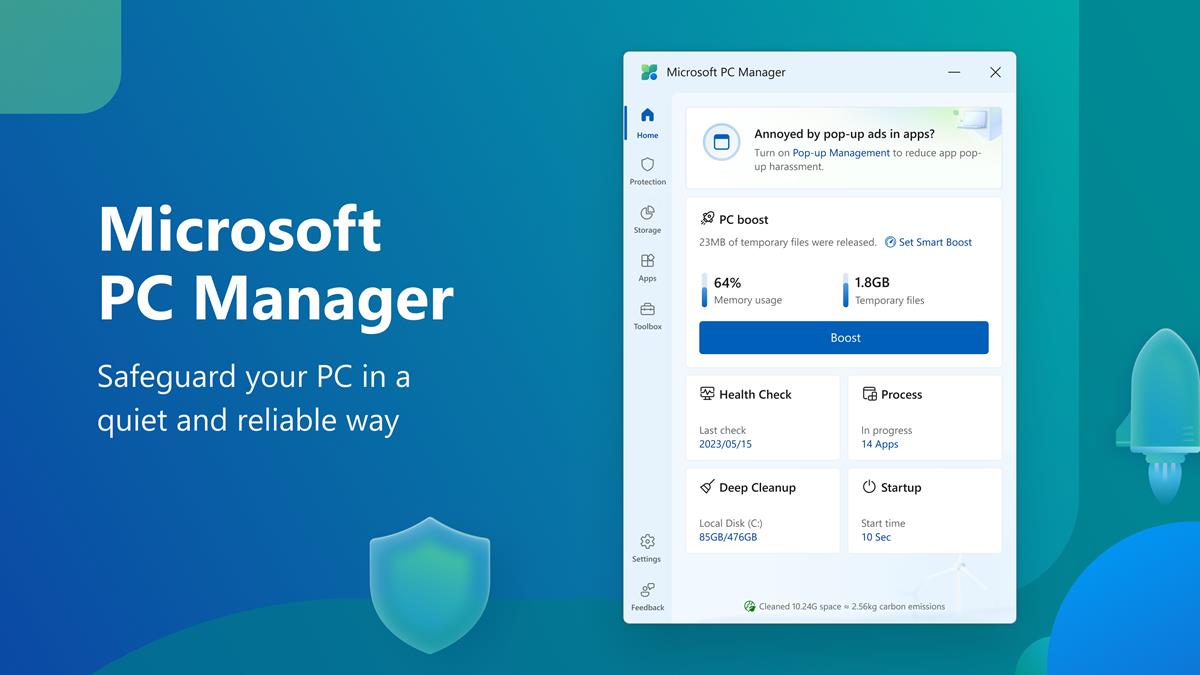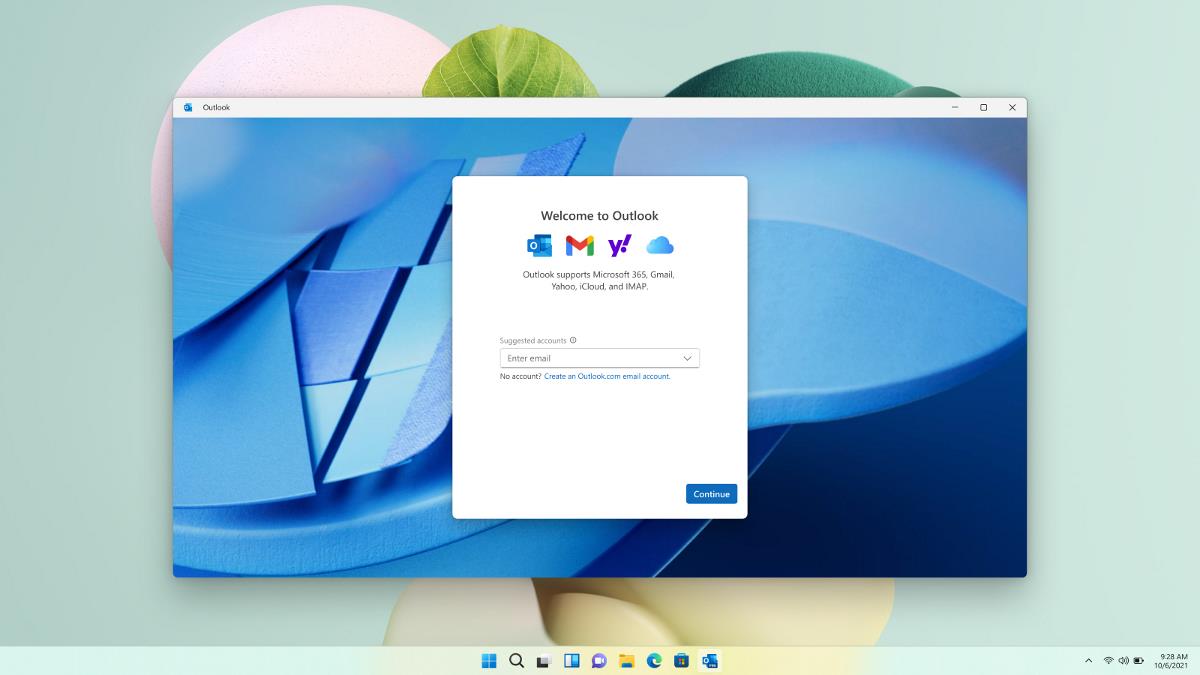Why Have Microsoft Been So Quiet About Windows 8

In case you missed it, we've had a great Windows 8 discussion going on here at gHacks in the last couple of days, one that is no doubt set to continue for a while yet in various forms as we look forward to the release of the Consumer Preview (beta) at the end of this month. One of the issues that people have highlighted with Windows 8 is the poor communication we've had so far from Microsoft. So why is this and what has caused it?
I'm writing this as an outsider looking in. I've no real idea why Microsoft have chosen to keep quiet on so many things, such as having Windows 8 default to the desktop as the main user interface which seems to be the biggest and most common question. I do have some insight into the company, the products and the people behind Windows 8 however, so hopefully I might be able to shed some light as to the reasons why, and what the historical perspective of this is.
It was after this that the former head of Microsoft's Office division, Steven Sinofsky, took charge of Windows development. Sinofsky was already a very secretive man and much of the secrecy now revolves around him, his personality and his desire to make certain that the only information that makes it out into the public domain is the correct information.
Thus Microsoft launched the Building Windows 8 blog where Sinofsky and his team have been trickling out information steadily since shortly before the Developer Preview of Windows 8 was released. We can be certain that if Microsoft didn't need to get developers writing Metro apps we certainly wouldn't have seen Windows 8 then at all, and it wouldn't be appearing for the first time until now. This is because Sinofsky and the Windows development team hate releasing anything that's neither finished nor ready.
Alas this was what they had to do with the Developer Preview and, as such, it's had a lot of very bad, and probably equally unfair, press. What Microsoft didn't do was adjust their marketing strategy at the same time and, as such, the communication about the operating system has focused almost entirely on what's new, what's cool, where huge improvements have been made, but that it has not actually been answering many of the questions people have been asking.
This could be because at the time the answers to those questions simply didn't exist. Don't forget that Windows 8 still had an awful lot of development to get through after the DP was signed off at the beginning of last August. That's a long time ago now. It could equally be though that it wasn't the discussion Microsoft wanted to have. For example, telling IT Pros that they could simply switch to the desktop as their default UI could very well have undermined all the work they have been doing getting the world, and software developers, excited about Metro. After all, if Metro was something that could just be switched off, why would people worry about it and you'd very quickly find it being relegated to a minor sub-feature in Windows like Media Centre.
I may be wrong with my assumptions and assertions here, but it's certainly true that nobody within Microsoft is coming up with the answers. This might change in the coming weeks or it might not. One thing is for certain though, the wider world is simply not going to stop asking.
Advertisement




















Good article.
I find it very interesting that Microsoft have been very quiet to date and that is to their advantage. Why, because it means they can change their mind. I am in no doubt that things like custom defaulting the desktop etc was not on their radar, their arrogance is such that it did not occur to them.
From that perspective, the Developer Preview has been a success in that the majority of developers have given their feedback which I think surprised the powers that be. The good news is that this allows Microsoft to change their mind and tone down their initial approach whilst saving face because they never actually committed to anything on paper.
But this can all be undone with the Consumer Preview. Once this arrives many more people (read non-developers) will try it out as most likely it will appear on the Cover Disc of many magazines.
If the general feedback at this time is negative, then Windows 8 is dead on arrival. It reputation will be tarnished even more so than Windows Vista.
So the question remains, just how brave and stupid are the new head-honchos at Microsoft ? Lets wait and see …….
if it STILL doesnt preview photoshop psd format then they can whistle for my money!!
As much as Microsoft sees Metro as the future
it should find a seamless way to introduce it over
time and through more than one version of the OS.
For Windows 8 a method to quickly change the UI
between Metro and the classic desktop should exist.
Microsoft might think of removing itself from its
marketing straitjacket of marketing the same OS to
consumers and enterprises where I see initially rejection
of all things Metro as presently formed for the work environment.
Enterprise versions of Windows 8 should default to the desktop.
Consumer versions can default to Metro with and easy option
to revert to the classic desktop and back again to Metro.
Metro will likely be a hit on tablet devices and
as more and more people use those devices that
familiarity with drive increased use of Metro on their PC.
As users become more familiar with Metro and
as Metro improves with apps for programs by Windows 9
all versions of Windows can default to that refined Metro UI.
Maybe Microsoft is learning from the past arrogance (Like the comment that the company already knew about the majority of bugs reported by testers) / mistakes like windows 95, millennium edition, Vista and is fearing with windows 8 again a fiasco in epic form.
If they do fear that, you’d think they would be more forthright in what they are trying to achieve. They are letting the world do a lot of interpretation and speculation for them and little of it is good. Look at Mike’s article from yesterday, which was trying to prop up Windows 8 and its interface with pretty much nothing but speculation and hope. It was received rather critically and it’s not because Mike is a bad writer or something, it’s because people are already making up their mind about what they have seen and handled so far, and Microsoft is not really making an effort to control the narrative.
It’s probably a good thing they are not flooding us with the overbearing hype that accompanied Vista and 7, but I don’t see how it can be so difficult for a company of such size and experience to at least approach a middle ground by this point.
Because they are ashamed of it ? :-)
The issue that I have with that approach is that not saying anything keeps people guessing which could turn into bad public reception. Instead of not communicating, Microsoft could have simply stated that they have made the decision to showcase Metro for now as it is something new, and because they need to get developers on board to produce contents for it.
Instead, they make it look as if everything is about Metro, and that desktop users need to cope with it.